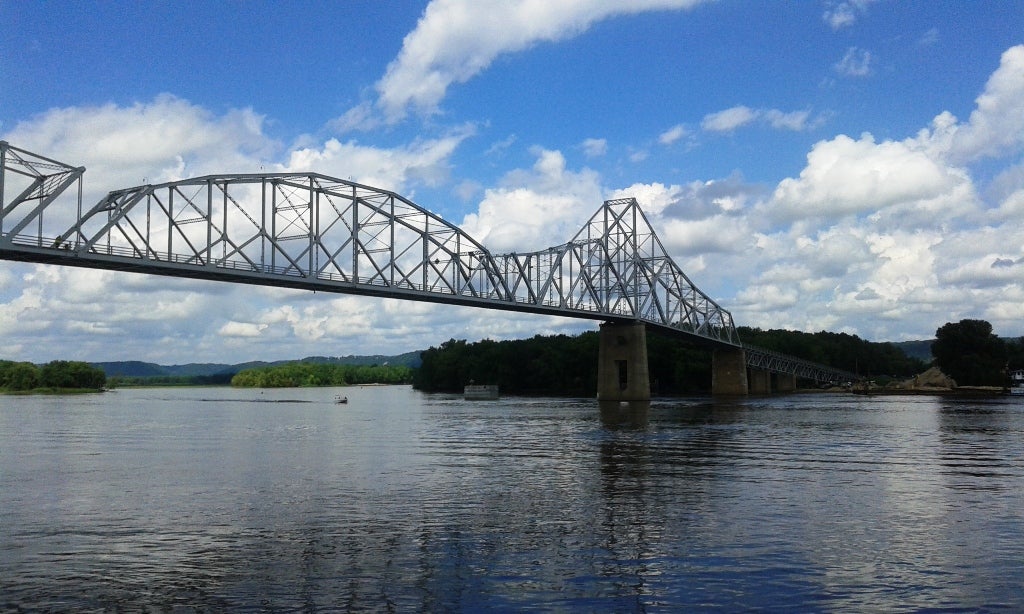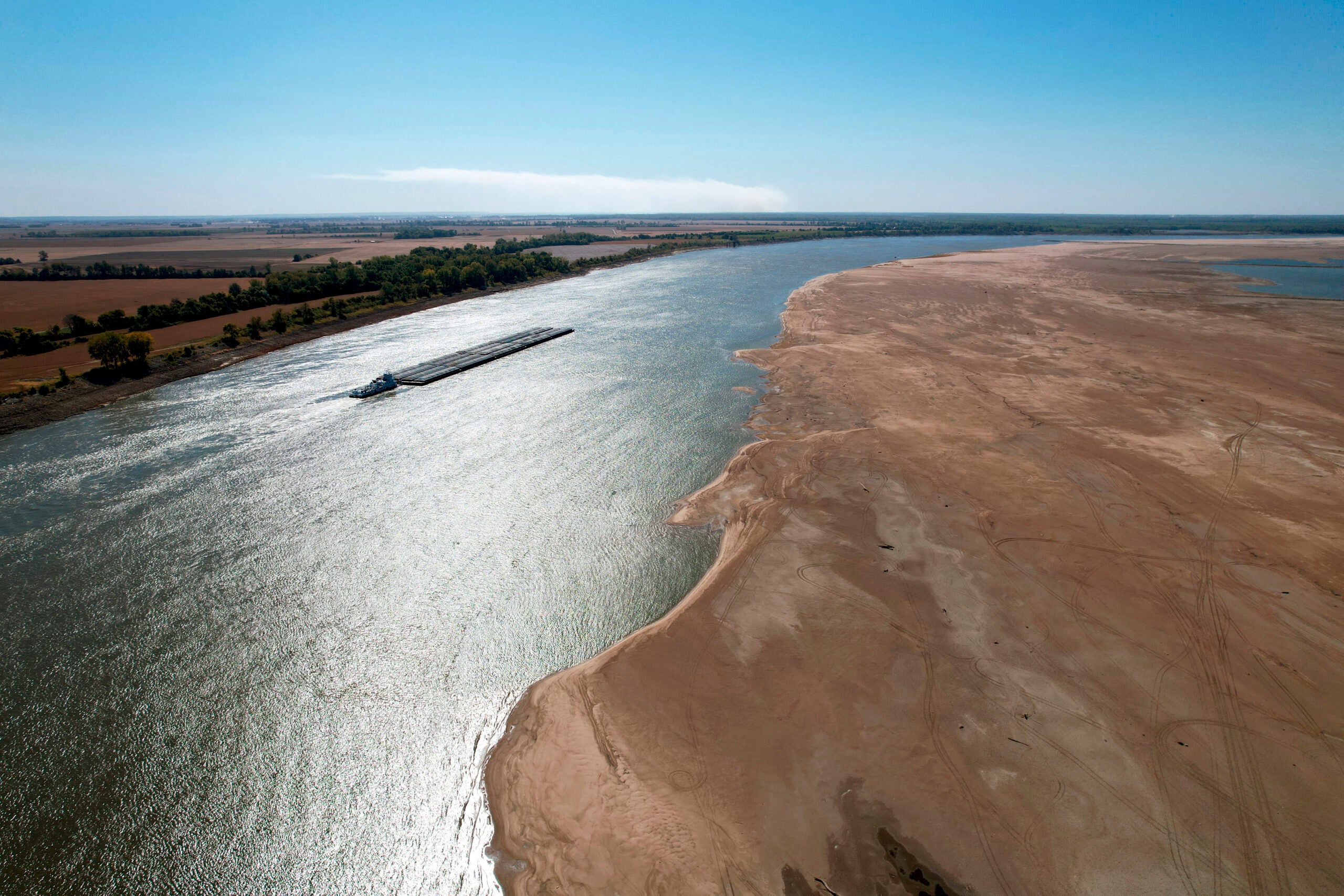Mississippi River Mayors Tackle River Issues, International River Symposium
Featured in this Show
-
Mississippi River Mayors Tackle River Issues
The Mississippi River watershed is the largest in North America and one of the largest in the world, yet it’s rarely received a lot of attention from state or federal politicians to help deal with the many challenges the river faces.
A group of local government leaders known as the Mississippi River Cities and Towns Initiative formed in 2012 to change that and work on common interests that all river towns face.
Dubuque, Iowa Mayor Roy Buol was a founding member of the MRCTI and serves as co-chair of the organization that has nearly 70 members from communities up and down the Mississippi River.
“It was really an effort to be an influential voice for the Mississippi River which had been, I believe, neglected on a national scale from our legislators,” Buol said.
Issues each river community have can depend on where they are situated along the more than 2,000 mile stretch of the river. South of St. Louis, shipping and commerce is big. To the north, recreation and tourism are driving forces. Yet all communities face similar challenges, like the quality of the water, flooding, climate change and infrastructure concerns with an aging and inefficient lock and dam system.
La Crosse Mayor Tim Kabat joined the group in 2013. He said the benefit is having local elected officials with shared experiences sitting around the table.
“We’re here at the local level, and we have to be the problem solvers,” he said. “Especially when it comes to the health of the river and future development opportunities. Having mayors that can come and talk about those experiences, we learn a lot from each other.”
The MRCTI has had some early success in the work it’s done to get Congress and federal agencies to take them seriously. Many members of Congress and the U.S. Senate from river border states are part of the first bi-cameral Mississippi River Caucus and the group travels to Washington, D.C. to lobby politicians over river issues. The MRCTI also signed a memorandum of Common Purpose with the U.S. Army Corps of Engineers.
Mayor Buol said local officials are getting some much needed attention for the Mississippi River.
“Three years ago, there wasn’t a lot of discussion about the Mississippi River and its basin nationally,” he said. “The congressmen and senators of those states that border the Mississippi River, they meet with us and we lobby on the hill for river-centric issues. I think that voice is being heard more and more.”
The MRCTI is looking to form partnerships with river systems around the world to look at common issues, the first being the future of the world food supply.
-
International River Symposium
The banks of the Mississippi River at La Crosse will host an international river science conference in late August.
Scientists of all stripes who are studying river ecosystems large and small around the world will attend the fourth biennial symposium of the International Society for River Science August 23-28.
La Crosse will join Beijing, China, Berlin, Germany and St Petersburg, Florida as hosts of the international symposium.
The theme of this year’s conference is connectivity. UW-La Crosse biologist Roger Haro is chair of the conference’s steering committee which put together this year’s program. He said connectivity of rivers is a huge theme, not just for the science, but for social and economic reasons.
“We’re learning a lot more of the roles that rivers globally play in not only our water cycle, but in our carbon cycle, which is extremely important to understand right now given that there’s concerns about how carbon is sequestered and utilized at a global scale,” said Haro. “Also, historically they are connections for civilizations. It’s (rivers) always been a way for mankind to communicate with one another, to travel, to bring commerce up and down.”
Fellow steering committee member Gretchen Benjamin of the Nature Conservancy works on issues for the entire Mississippi River, and while she’s familiar with a lot of research and restoration work that’s happened on the upper Mississippi, she said much more work needs to be devoted south.
“There isn’t a restoration plan on the lower part of the river,” Benjamin said. “We’re working on that lower river to take everything we’ve learned from the upper river and transfer it down to the lower river and create one big river whole system of restoration.”
There will be discussion for everyone from biologists, geologists, chemists and those who study the management of river ecosystems.
Episode Credits
- Maureen McCollum Host
- John Davis Producer
- Roy Buol Guest
- Tim Kabat Guest
- Roger Haro Guest
- Gretchen Benjamin Guest
Wisconsin Public Radio, © Copyright 2024, Board of Regents of the University of Wisconsin System and Wisconsin Educational Communications Board.



